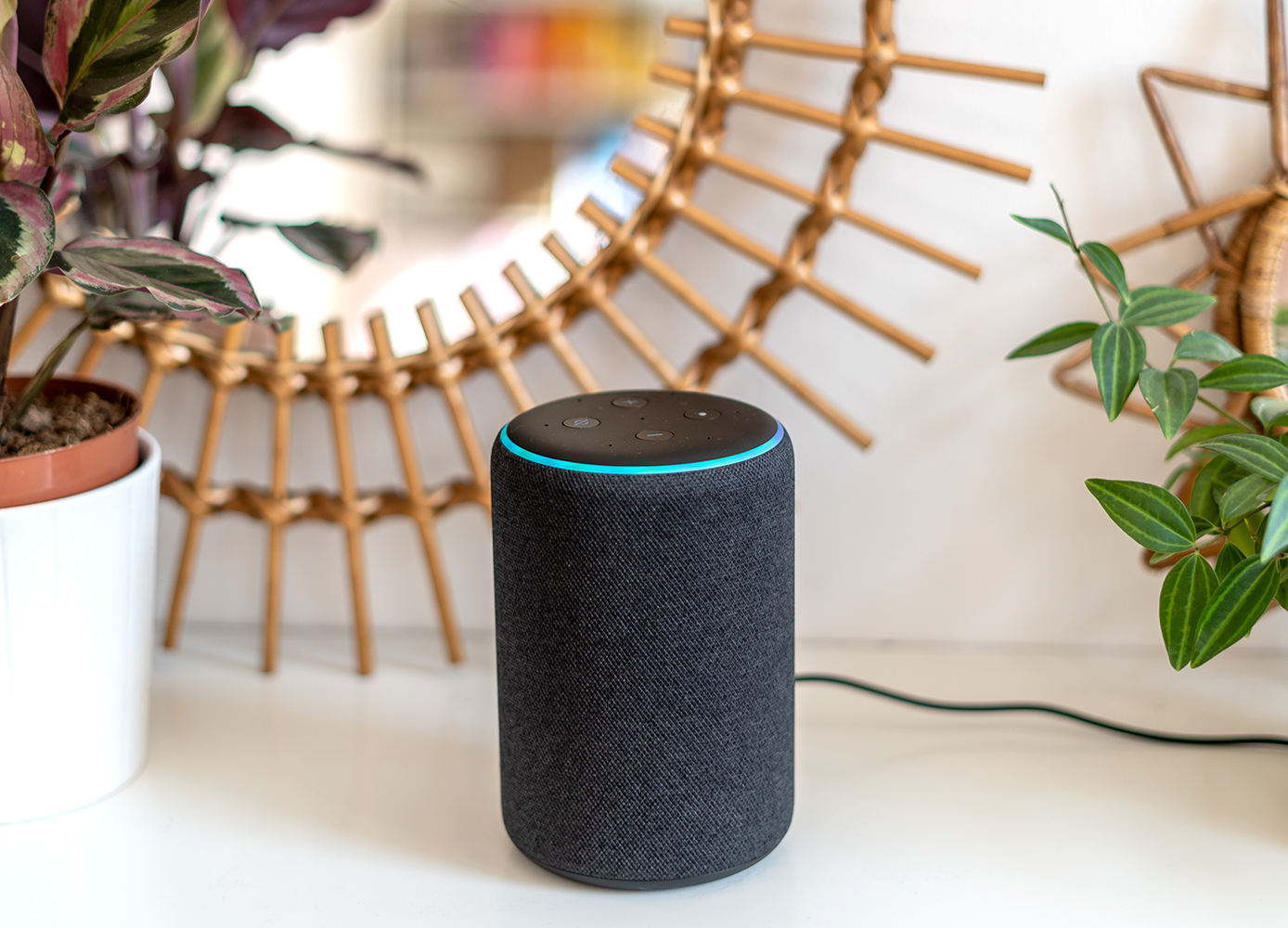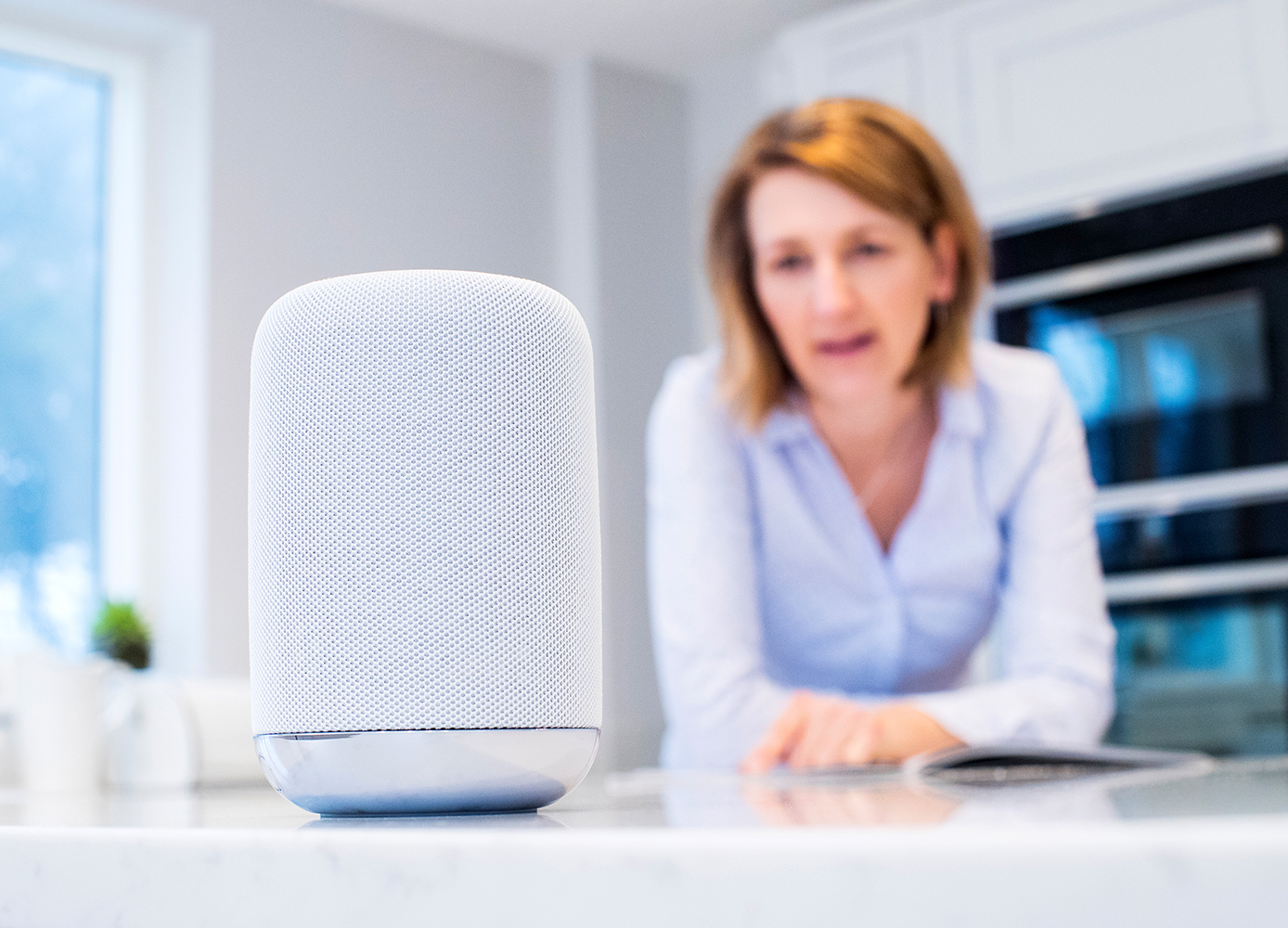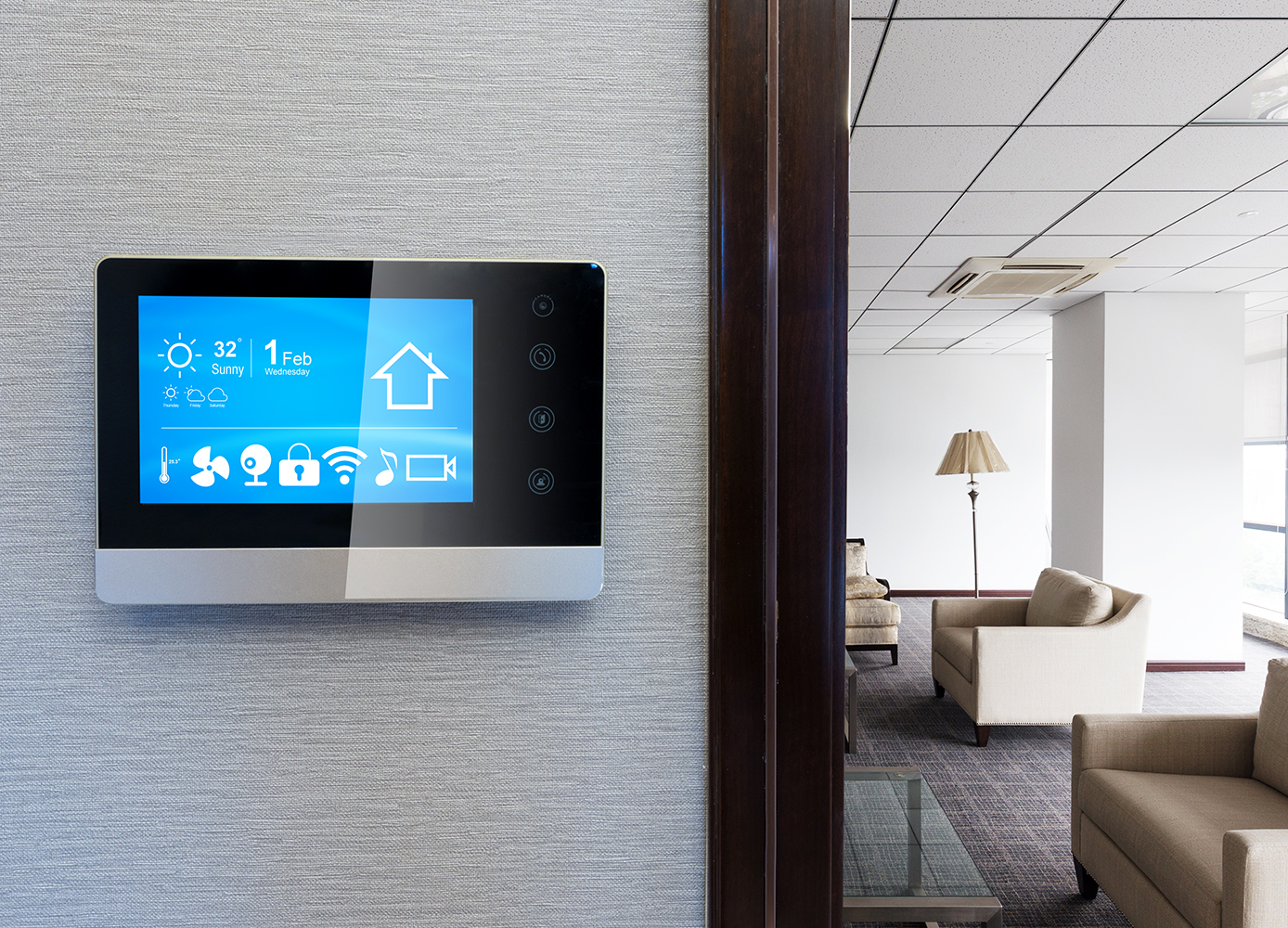To know if a smart device fits your lifestyle, it helps to know what it can do
By Jennifer Hughes
Smart home devices—or voice-activated assistants, such as Alexa, Amazon Echo, and Google Home—are becoming more and more popular and easier to use. Many Canadians use them to play music, control the lights in their homes, place calls to friends and family, and even find new recipes. Because most are voice-controlled, smart home devices can be easier to use than computers or smartphones, especially for those who are visually impaired or who have trouble managing a keyboard and mouse.
Smart devices can be useful for small tasks, such as contacting friends or relatives or checking the weather forecast, the news, or the sports scores simply by asking. These devices are able to streamline home entertainment and keep you connected, so you don’t have to worry about checking your smartphone for missed calls or about missing appointments. The interface isn’t very complex, as most smart home speakers either come with a remote control or are voice-activated. All you need to do is download the application to set up the device, and after that, you’re able to command the device to play or pause a song, start a podcast, or find a radio station.
There are also a number of products you can connect your smart home device to in order to make your home “smarter.” You can purchase smart light bulbs, smart thermostats, smart locks, and smart wall plugs that which allow you to control everything within your home remotely.
However, smart home devices aren’t perfect. While they’re useful for those who are physically or visually impaired, there are some concerns. For one, it’s important to pay attention to privacy settings, as these devices can record and store information that is shared within your household.
One should also be wary about using smart home devices to place calls to businesses. The Better Business Bureau warned in August that there have been cases in the United States of someone being connected with a scammer instead of, say, a customer service agent because scammers can pay to get their fraudulent phone numbers to rate higher in Google search results.
Photo: iStock/Michael Wapp.






